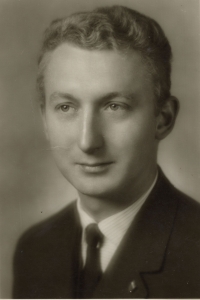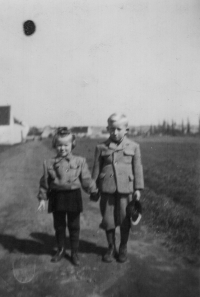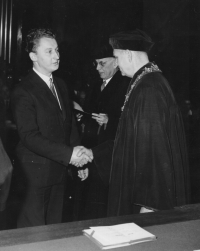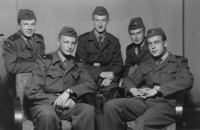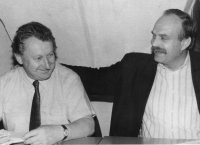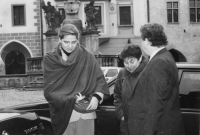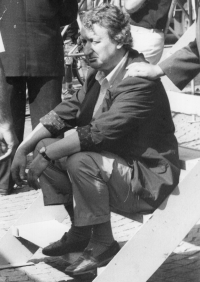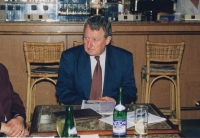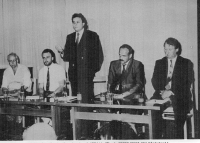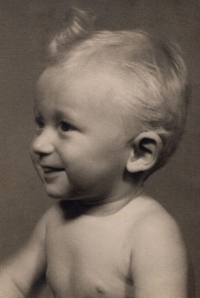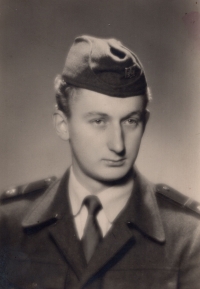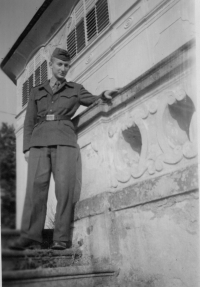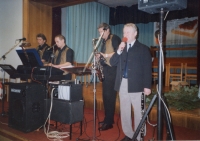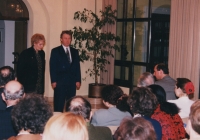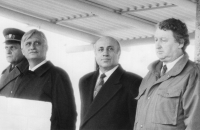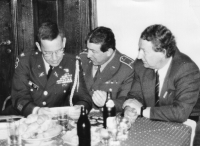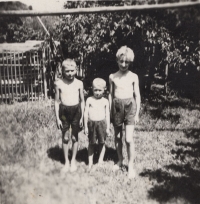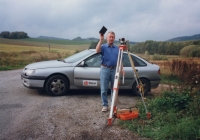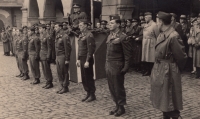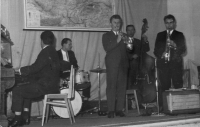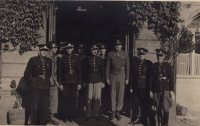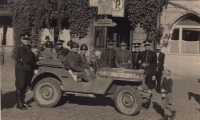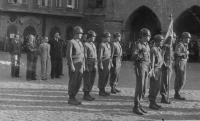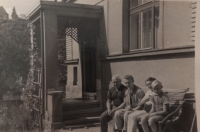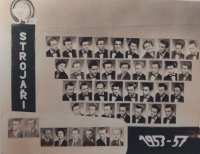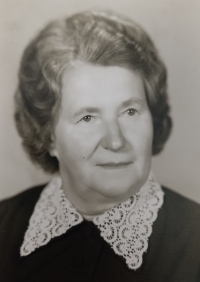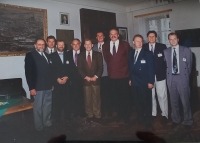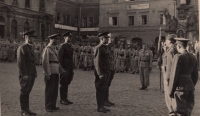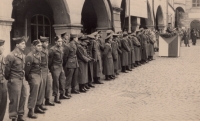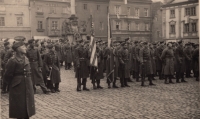For one party, a person has a huge value, for the other half, a person is nothing at all

Download image
Zdeněk Štěpán was born on November 28, 1939 in České Budějovice. The witness’s father, Augustin Štěpán, worked as a policeman in Český Krumlov until 1948. After the communist coup in February 1948, he was fired from the police, after which he could only do manual work. As a five-year-old, Zdeněk Štěpán experienced the bombing in České Budějovice. In May 1945, he witnessed the arrival of American soldiers and Red Army troops in České Budějovice. After finishing secondary technical school in 1957, he applied to the Military Technical Academy (VTA) in Brno, where he was not accepted because of his father. He completed university later while working and became a mechanical engineer. He was fired from his job in Papírny in Větřní in 1969 for his anti-occupation opinion and activities. Due to his expertise, he found employment in České Budějovice, where he worked until 1989. He actively participated in the Velvet Revolution in Český Krumlov. He ran in the first post-revolutionary free elections and was a member of the Civic Democratic Alliance (ODA). Between 1990 and 1993, he worked as deputy mayor of Český Krumlov. In 2022, he lived with his wife Eva Štěpánová (née Soukupová) in Český Krumlov.
